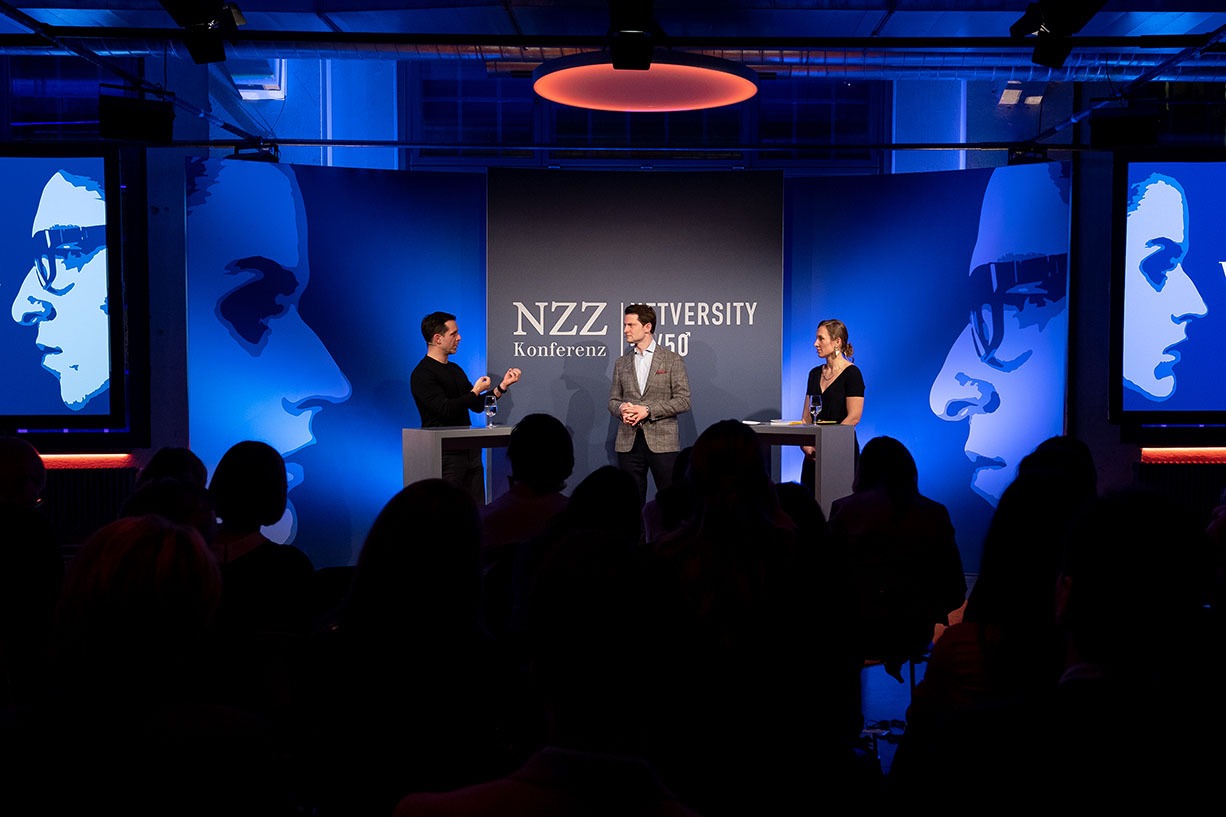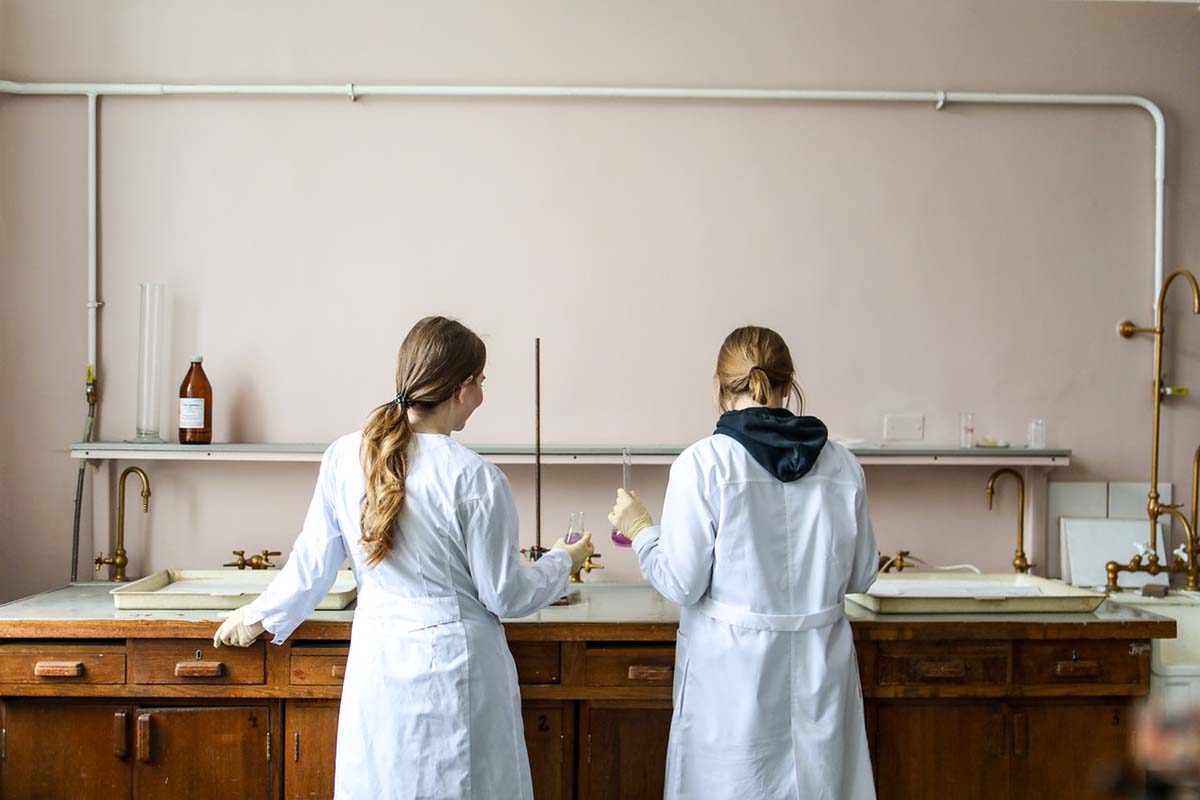
LOSLASSEN – NZZ NETVERSITY EVENT VOM 27. FEBRUAR 2020

Schweizer Filmpreis 2020 – Ein Fest der Frauen


The United Nations’ International Day of Women and Girls in Science on February 11th highlights the difficulty of female academics to have a successful career in STEM.
Women’s struggle in science academics
The United Nations’ International Day of Women and Girls in Science which was marked on February 11th highlights the difficulty for female academics to have a successful career in STEM (science, technology, engineering and mathematics) and Switzerland is no exception. Less than 30% of scientists in the World are women according to UNESCO and they account to about less than a third of students taking STEM subjects (science, technology, engineering and mathematics).
Women and Science in Switzerland?
As mentioned in the European Commission’s report She Figures 2018, Switzerland is not any better than its neighbours. There are fewer women in Science as we go higher up the hierarchy. 51% of university students are women, and 54% account for Bachelor’s and Master’s level degrees. But then the downturn begins: 44% women are into doctorates, 41% in mid-ranking academic staff and only 23% in top-level posts. This progressive disappearance of women from science is known as the “leaky pipeline”. This appears as a universal issue and has presence in other areas such as politics,management and business.
Change in System and mindset
In 2014, Susan Gasser, president of the Swiss National Science Foundation’s Gender Equality Commissione, wrote: “I believe they do this based on subconscious assumptions or misdirected beliefs, for instance, that having a family and an academic career are mutually exclusive, or even – god forbid – that men are better suited for science than women.”
Similar to other fields, in Science also careers are forged at an early stage and in a highly competitive environment. Sadly, many young women quit and start families, at the time that their male peers are pursuing ahead their careers. Studying the statistics for Nobel prizes in chemistry, physics and medicine, we could see that less than 5% of the winners in more than a century have been women. A scientist is always theoretically a male. And when a male professor is forming a research team, he is more likely to choose male colleagues. Attitudes are changing, but every slowly.
Help is on hand
The SNSF’s PRIMA grant programme (promoting women in academia) created in 2017, is designed for female researchers who show high potential in obtaining a professorship. PRIMA grants cover the grantee’s salary and project costs for five years, allowing her to pursue an independent research project. Totally 22 female researchers were benefited from the grant in its first year of operation and 19 in the second year. The variety of projects carried out showcase that women can excel in all areas of science.
More information at: https://www.swissinfo.ch/eng/international-day_women-still-struggle-to-make-inroads-into-science
Quelle: https://www.bfs.admin.ch/bfs/de/home/statistiken/bildung-
https://ec.europa.eu/research/swafs/index.cfm?pg=policy&lib=gender
http://www.snf.ch/en/theSNSF/research-policies/gender-equality/Pages/default.aspx#Gender%20Equality%20Commission
http://www.snf.ch/en/funding/careers/prima/Pages/default.aspx
Kategorie
News
Publiziert am
10.03.2020
Hashtag
#diewirtschaftsfrau #women #STEM #academics

